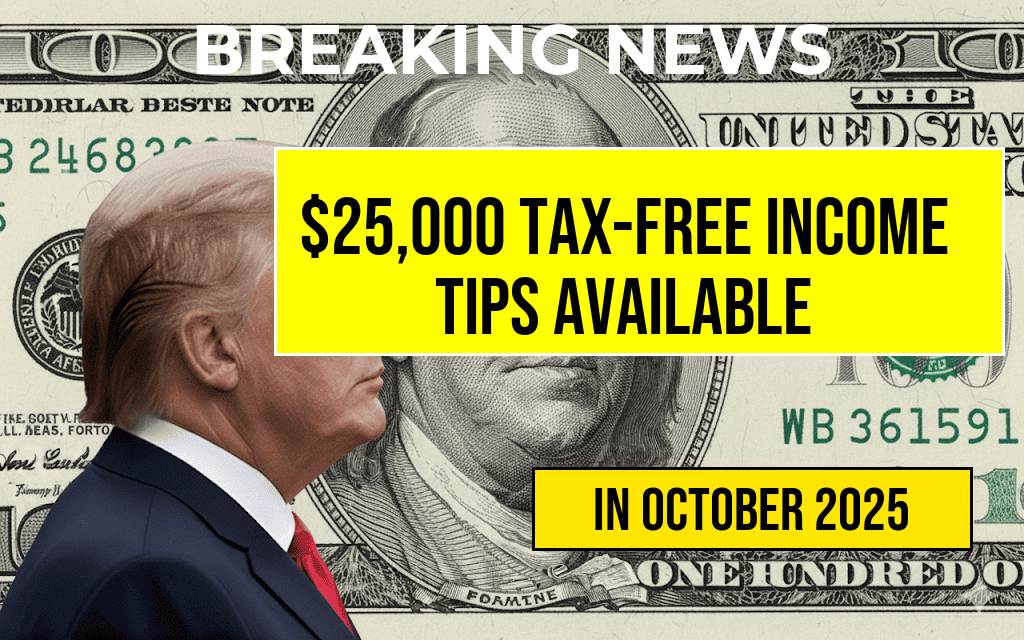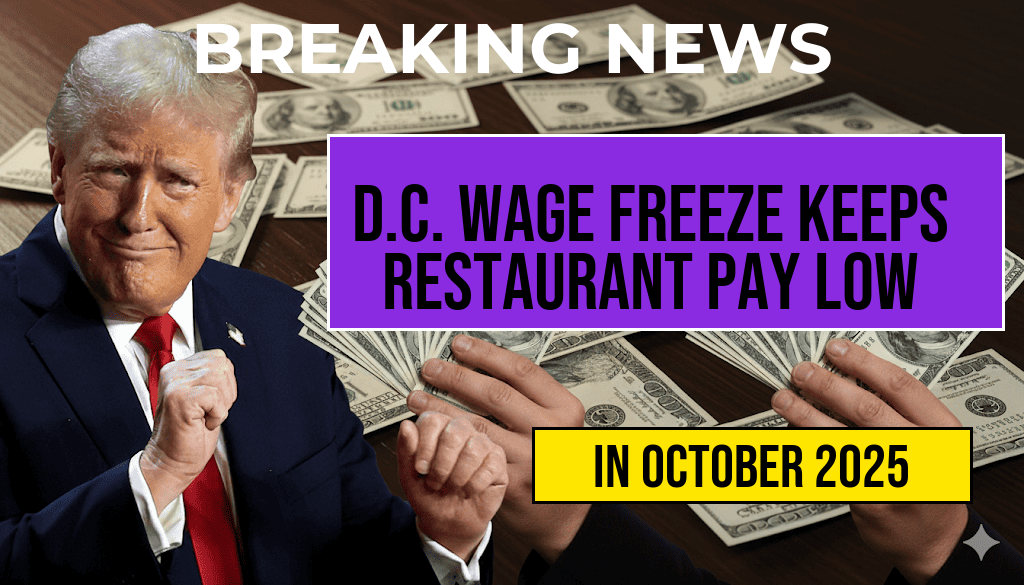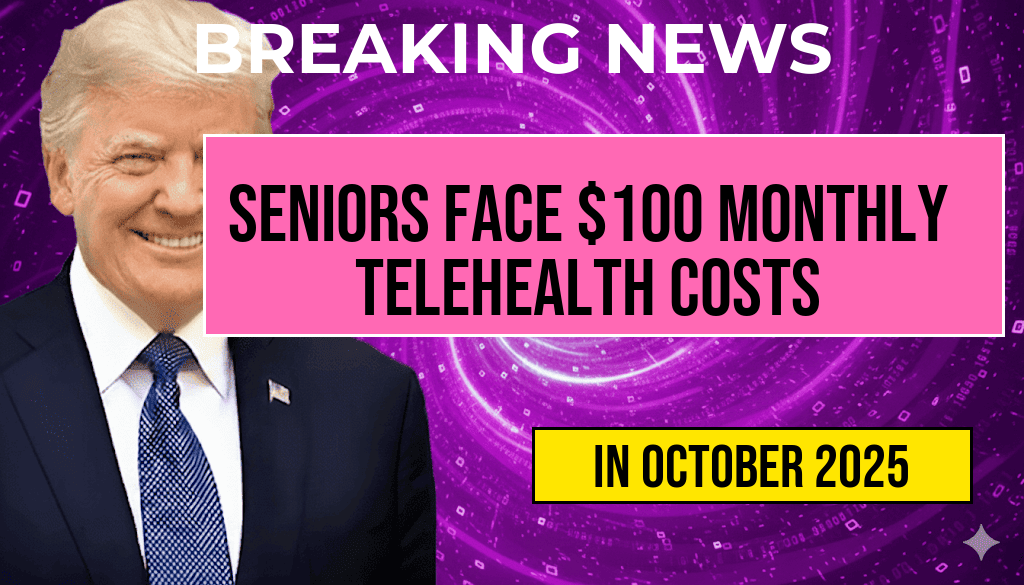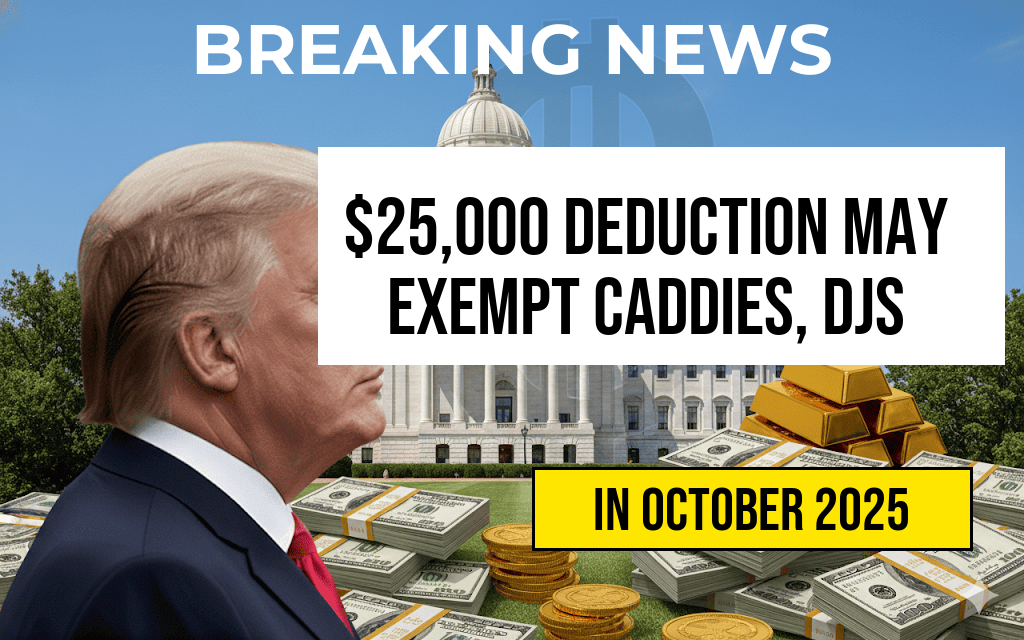The potential for earning $25,000 tax-free income is attracting attention from many individuals looking to supplement their earnings. However, while this income may be exempt from federal income taxes, recipients must still be aware of applicable payroll taxes. Understanding the nuances of this income structure is crucial for anyone considering participation in these programs, especially as new tax regulations emerge and the IRS continues to enforce compliance. With the right strategies and insights, individuals can maximize their benefits while adhering to tax obligations. This article explores various aspects of this tax-free income opportunity, including eligibility criteria, potential pitfalls, and expert tips for navigating the process.
Understanding Tax-Free Income Opportunities
Several programs offer the chance to earn up to $25,000 without the burden of federal income tax. These often include certain types of grants, scholarships, or specific employment arrangements. However, it is essential to differentiate between tax-free income and taxable wages, as the latter still incurs payroll taxes.
Eligibility for Tax-Free Income
To qualify for tax-free income, individuals must meet specific criteria that vary based on the program. Common sources of tax-free income include:
- Grants and Scholarships: Educational grants or scholarships that cover tuition and related expenses.
- Certain Work Programs: Positions in nonprofit organizations or government jobs that might offer tax-exempt compensation.
- Disability Payments: Some disability payments may not be subject to federal income tax.
Ensuring compliance with the terms of these programs is vital for maintaining the tax-free status of the income. For instance, using grant money strictly for educational purposes is typically a requirement for maintaining its tax-free designation.
Payroll Taxes Still Apply
Despite the allure of tax-free income, recipients must remain vigilant about payroll taxes. Compensation deemed as wages for services rendered will still be subjected to Social Security and Medicare taxes. This means:
- If you earn income through employment with a tax-exempt status, payroll taxes will still be deducted from your paycheck.
- Understanding how these taxes are calculated is essential in managing your overall financial health.
Strategies to Maximize Your Benefits
To navigate the complexities of tax-free income while remaining compliant with payroll tax obligations, consider these expert tips:
- Keep Accurate Records: Maintain detailed records of all income sources and their respective tax statuses.
- Consult a Tax Professional: Engaging with a certified tax advisor can provide personalized strategies to optimize your tax situation.
- Stay Updated: Tax regulations can change, so staying informed about new laws and guidelines will help you adapt and plan effectively.
Potential Pitfalls to Avoid
While the prospect of earning tax-free income is appealing, potential pitfalls can undermine this benefit. Common mistakes include:
- Misunderstanding Tax Status: Failing to recognize which income streams are truly tax-free can lead to unexpected tax liabilities.
- Incorrectly Calculating Payroll Taxes: Miscalculations can result in underpayment, leading to penalties or back taxes.
- Neglecting Documentation: Without proper documentation, proving the tax-free status of income can be challenging during an audit.
Conclusion and Resources
Maximizing the benefits of tax-free income opportunities requires diligence and a clear understanding of applicable regulations. By staying informed and carefully managing records, individuals can enjoy the advantages of earning up to $25,000 tax-free while ensuring compliance with payroll tax obligations. For further information, consider exploring the following resources:
Frequently Asked Questions
What are the benefits of receiving a $25,000 tax-free income?
The potential for a $25,000 tax-free income can significantly enhance your financial situation, allowing you to use this money for savings, investments, or personal expenses without the burden of income taxes.
Do payroll taxes still apply to tax-free income?
Yes, even if the income is considered tax-free, payroll taxes such as Social Security and Medicare taxes may still be applicable, depending on the nature of the income and your employment status.
How can I qualify for the $25,000 tax-free income?
Eligibility for the $25,000 tax-free income typically involves meeting certain criteria set by tax regulations or specific programs, which may include factors like income level, employment type, or participation in designated initiatives.
What should I do if I’m unsure about my payroll tax obligations?
If you are uncertain about your payroll tax obligations, it is advisable to consult a tax professional or financial advisor who can provide guidance based on your specific circumstances.
Can tax-free income affect my eligibility for other benefits?
Receiving tax-free income may impact your eligibility for certain government benefits or programs. It’s important to review the rules of those programs to understand how tax-free income could influence your situation.






